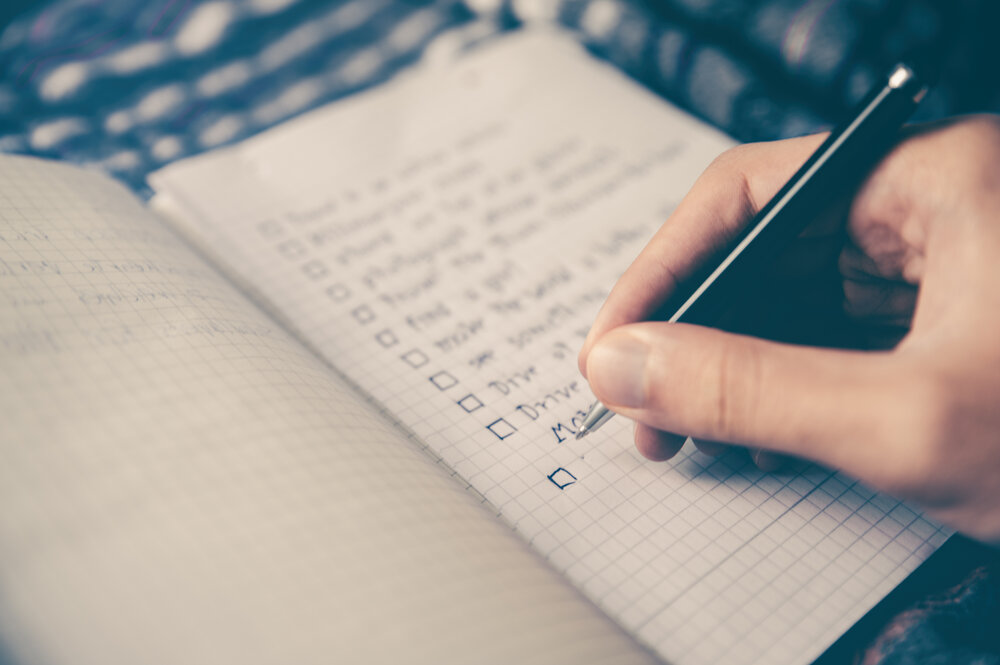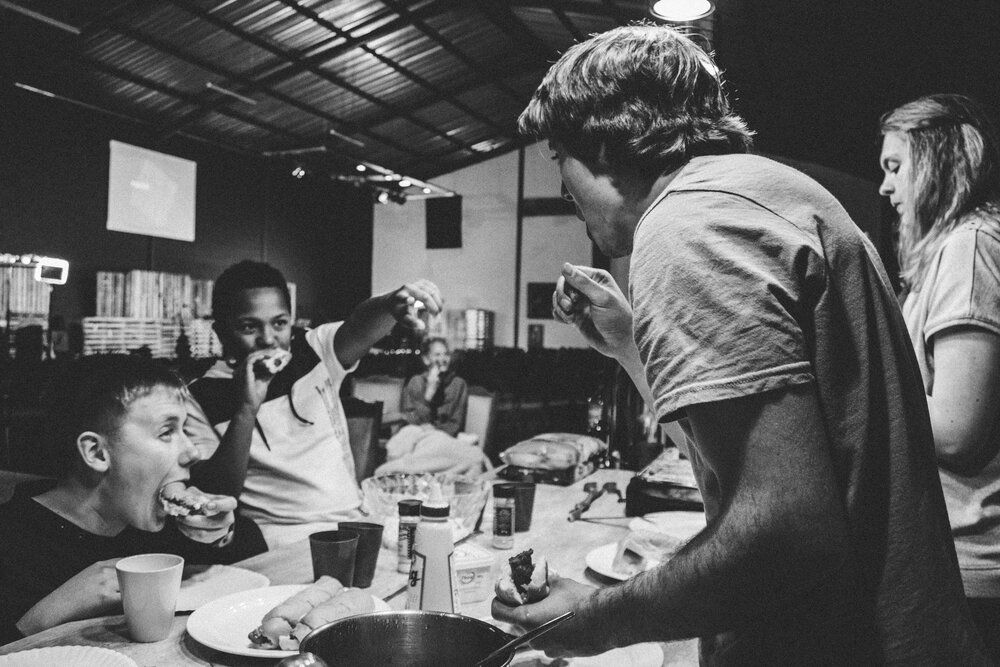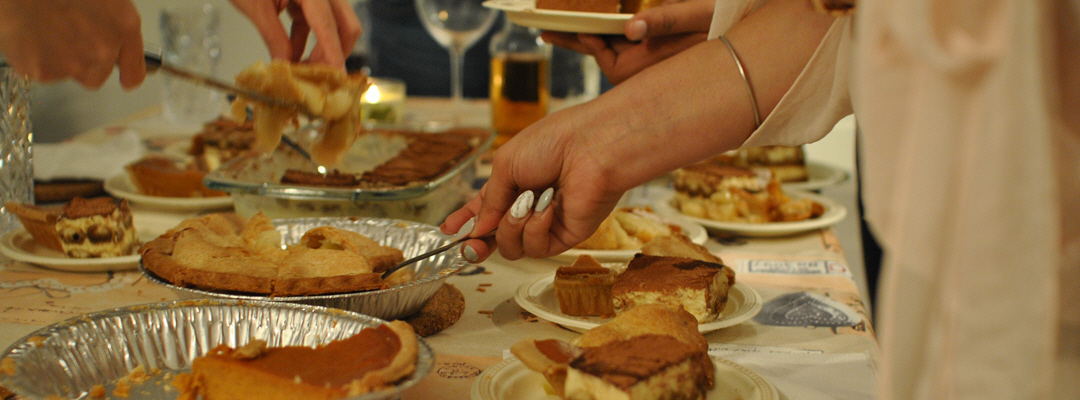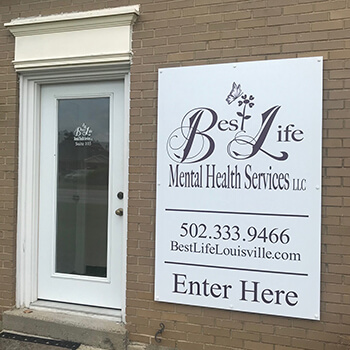The holidays are among us. For many folks, the holidays can be a special and magical time to celebrate with family and friends. However, for some of us, the holidays can also bring about great stress or anxiety.
If you find yourself in the latter category, fret not! Here is a holiday gift: a holiday survival guide. This generalized guide is customizable for your particular situation, strengths, and needs. (Below, there is a link to a handout that serves as a companion to this guide.) I encourage you to take the time to fill it out for your unique situation. Generally, the more you plan ahead of time, the more successful the results.
1.) Self check in.
Before you make any big plans, it’s important to check in with yourself. How are you feeling about the upcoming event? What excites you? What worries you? In order to plan most efficiently, it’s important to be honest with yourself. (The attached worksheet asks specific questions to help with this process.)
2.) Check and prepare your self-care tool kit.
After you complete the self-assessment, it’s important to think about your self-care tool kit. As you think about your worries, concerns, and triggers, think about the skills that you already have. What helps you when you feel that way? Perhaps it’s going for a walk, creating some distance, or the pleasant distraction of a funny online video. Much like preparing a first aid kit or having a spare tire in your car, creating a self-care tool kit can help prepare you with the skills and tools you need.
3) Create your holiday visit plan.

Now that you’ve completed the self-assessment and put your self-care tool kit together, it’s important to begin creating your plan. Before you do this, it’s important to ask yourself, “How much time can I realistically handle?” As you come up with this plan, it’s important to think about other factors as well. What else do you have going on that week or that day? How might travel affect your sleep schedule or mental health?
Once you’ve come up with an ideal amount of time, plan this time into your holiday plan. Setting boundaries is crucial in this step. If you know that you can realistically handle three hours, plan your arrival time and departure time. I’ve found that it’s often helpful to communicate this plan with the group to help reduce surprises. It’s also often helpful to include a reason for your departure time. Reasons can include having to work the next day, needing to get back to check on animals, or needing to go to another event.
If your reason for needing to leave is simply because you need to for your own emotional well being, that is 100% okay. However, sometimes your great Aunt Tessa may not be quite as excited about this statement. I’ve found that creating a reason that is impossible to fact check can be helpful in this instant. One of my favorite examples in this category is the trusted, “I need to head back. My friend is out of town and asked me to check on their pets.”
As you think about your plan, it’s also important to think about how long it will take to say goodbye. As someone from the Midwest, I know that in my family, goodbyes are a long process that can sometimes take up to an hour. If you know that you need to leave by a certain time but that a goodbye may take a while, account for this in your plan. If you need to leave by 6:00 PM but know that saying goodbye may take a while, announce that your plan is to leave by 5:00 PM or 5:30 PM. By doing this, you will still be able to account for the delay while also still meeting your needs.

4.) Rehearse your responses.
One of the most common concerns about holiday visits is getting caught in an awkward or uncomfortable conversation. As you plan your visit, it’s helpful to think about these conversations, create boundaries for yourself, and rehearse these responses. If you have a family member who seems to enjoy pressing other’s buttons, plan your responses and exits from these conversations. While there are many specific strategies in this category, I encourage you to think of yourself as the expert of your own family/situation. Think about the interests and patterns of the folks you will be conversing with. Thinking through these details can help to prevent surprises and ensure success.
5.) Know your exits.

One of the most common coping skills for individuals dealing with anxiety or stress is to create space or distance from the trigger. As you think about your holiday plans, try to mentally walk through the location ahead of time. Are there areas of the space that feel safe? Is it possible to walk outside or into a quieter part of the house if needed? If you are at the dinner table and the conversation begins to get heated, is it appropriate to go get a refill for a drink or to go into the kitchen to grab more food or butter/jam from the fridge? (Bathrooms can often be an amazing private sanctuary.) Knowing your exits can be the difference between participating in an explosive conversation versus walking away and taking a few minutes to re-center yourself.
Speaking of exits… be mindful about where you park. Specifically, try to avoid any parking situation where your vehicle can get blocked in. I often suggest street parking over cramming into a crowded driveway if possible. While walking the few extra steps may feel like a hassle, if something happens and you need to leave quickly, you will be incredibly grateful.

6.) Plan your aftercare.
You did it! You made it through the event, but that doesn’t mean you’re done just yet. One of the most important steps in holiday planning comes after the feast has been put away and the dishes have been washed. Give yourself permission to breath and recover. In planning this step, go back to your tool-kit on step 2.
Everyone’s aftercare plan looks different, but use what you know about yourself to meet your own needs. For some, this looks like a quiet day of reading. For others, this may be a phone call or night out with a trusted group of friends. Some plan accordingly by scheduling a massage or a session with their therapist. (Shameless plug… Best Life is currently accepting new clients!!!) Whatever your plan may be, give yourself permission to lean fully into your aftercare. Your mental wellbeing is important and you’ve earned it.
There you have it! This holiday survival guide has been designed with freedom and flexibility for each individual person. If you are attending with a partner, friend, or family member, it’s helpful to do this individually and then collaborate with anyone who may be in a similar boat.
If this is helpful and you would like to someone about additional concerns or issues, Best Life Louisville is currently accepting new clients. You can check us out online at bestlifelouisville.com or give us a call at (502) 333-9466. We would love to accompany you on your journey.
Much love and Happy Holidays!
Eric Sharp


